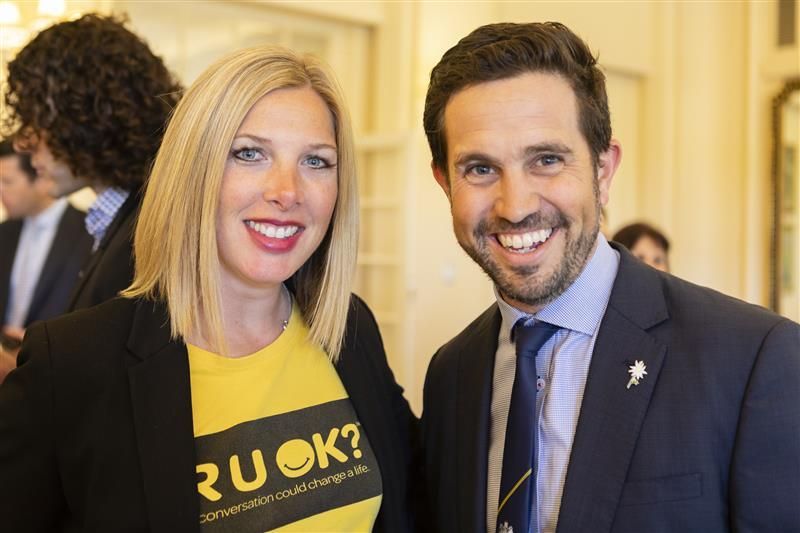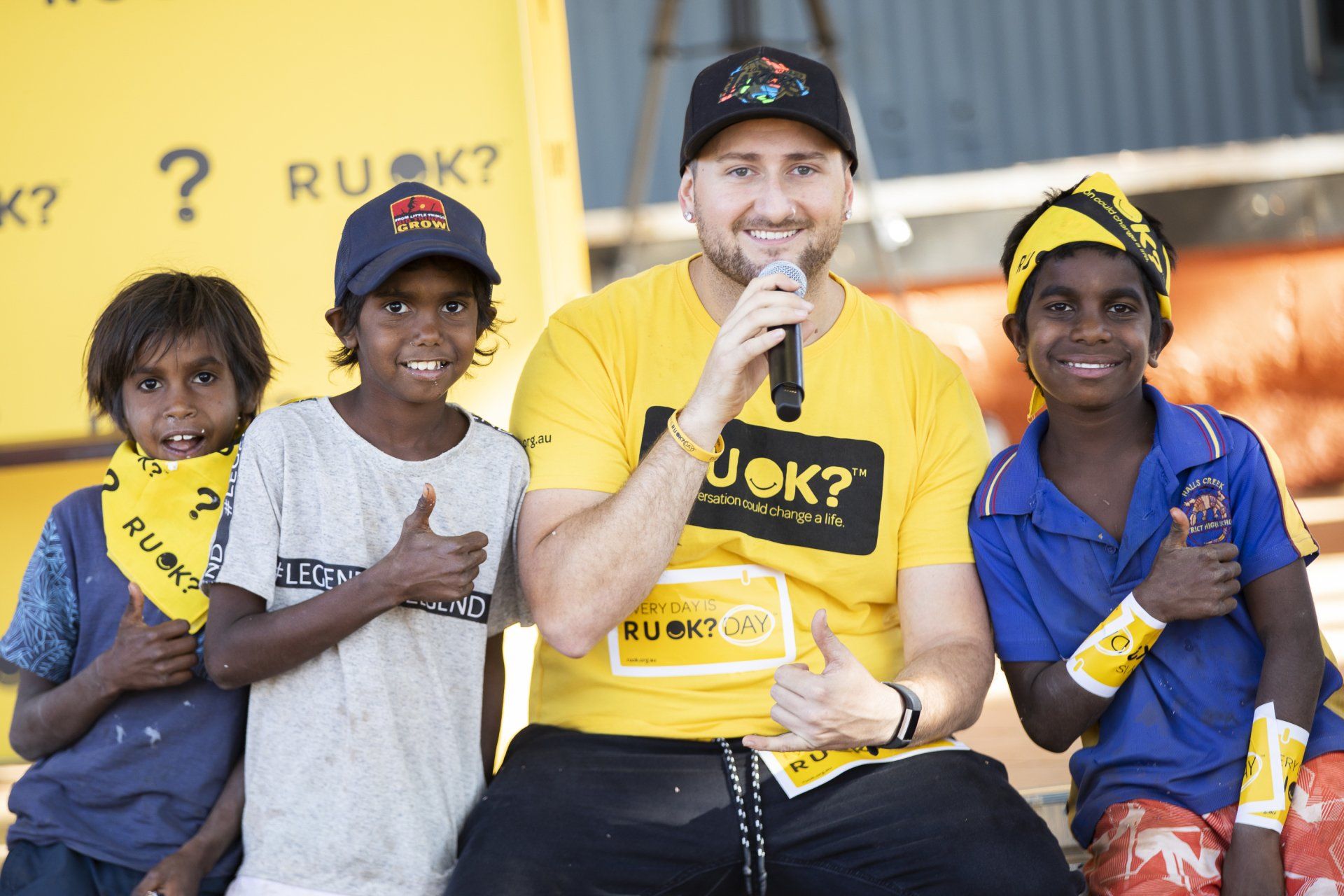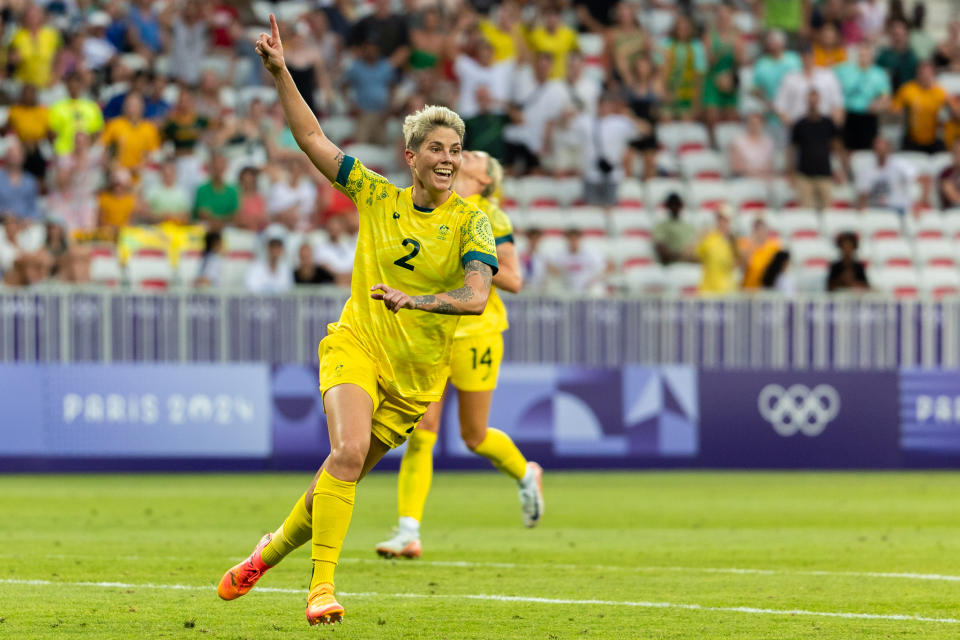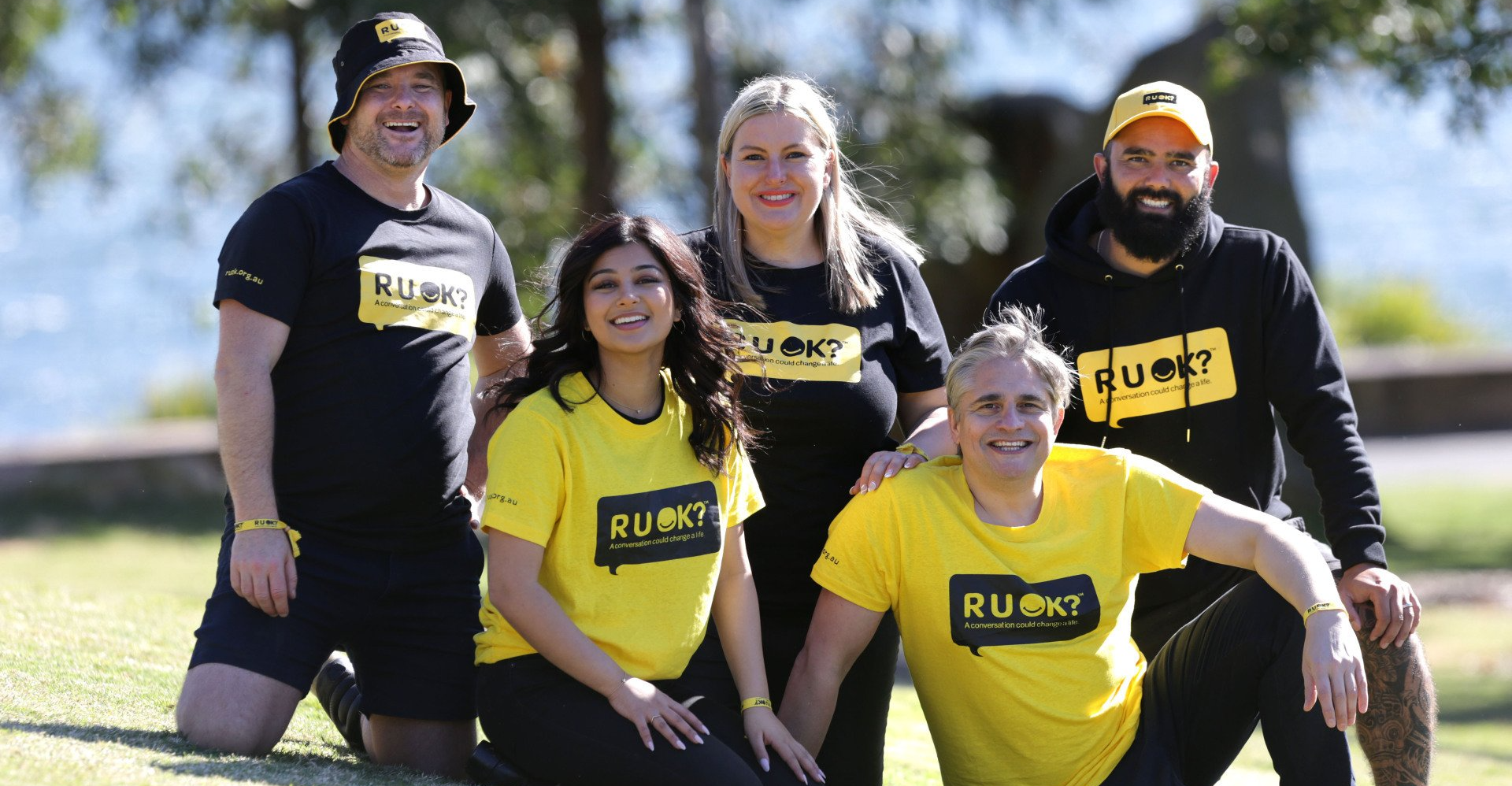Jacob Ridgeway: promoting the importance of asking those we care about ‘are you ok?’
Indigenous singer and songwriter Jacob Ridgeway is a passionate supporter of R U OK?, drawing on his own journey with depression, grief and post-traumatic stress to encourage others to reach out and support those around them.
We caught up with Jacob, and asked him why he got involved with R U OK? and promoting the idea that we can all make a difference by starting meaningful conversations with those we care about.
“I wanted to become involved with R U OK? as a community ambassador as I’ve not been shy about my journey with depression and post-traumatic stress, and how they’ve played massive roles in my journey to now pursue music as a career,” Jacob says. “And I’ve been affected directly and indirectly from suicide in my Indigenous and non-Indigenous community.”
“I just hope that my story will assist others to seek help and create the conversation of R U OK?
Every day should be R U OK?Day because someone’s circumstances could change overnight and rattle their foundations.”
“So I think it’s up to us as individuals to look out for one another and to ask the question ‘are you ok?’ to prevent the worst-case scenario of having people leave our lives. If we don’t ask the question, we might not get a chance to ask that question again.”
Jacob encourages other Aboriginals and Torres Strait Islander people to reach out to those around them who they think may be doing it tough.
“If you’re seeing someone down and out, and not being themselves or they’ve been a bit withdrawn, I suggest we go up to that person and ask if they’re ok.” he says.
“If they’re willing to speak, then lend an ear and just listen to them because they might have stuff they need to get off their chest. And if the problems are bigger than both of us, point them towards professional help - help them find the support they need to get themselves out of the slump they’re in, to get their mindset back into a positive state.”
“And check in with them, it might be a day after, two days after, a week after, a month after - just continually checking in with that person that we care about can make a big difference.”
Jacob says spreading this message is particularly important for him as an Indigenous person, as Aboriginal and Torres Strait Islander people “make up a large chunk of the suicide statistics in this country.”
“I want my parents, brothers, sisters, aunties and uncles to feel empowered to seek help. We need to keep our families strong and together, and speaking up about those issues is a larger strength than silence.”
Jacob shares that he works his way through tough times in his life by constantly looking at them as opportunities for growth.
“I constantly tell myself in the hard times that every time I’m close to my breaking point, whether I’m working myself too hard or I’m emotionally down, I know that I’m close to another breakthrough, and that I must continue to work hard, whether it be physically or mentally,” he says. “And just to stay patient, persistent and positive because I’m running my own race, I’m not running my race against anyone else.”
“Always just reassure yourself that you’re never running alone, and you can never lose, you can only learn from things. So I think I want to get that message out to people: you are not alone and there’s someone always there willing to help, even if you are alone in your own thoughts.






















